Tag: Cancer
-
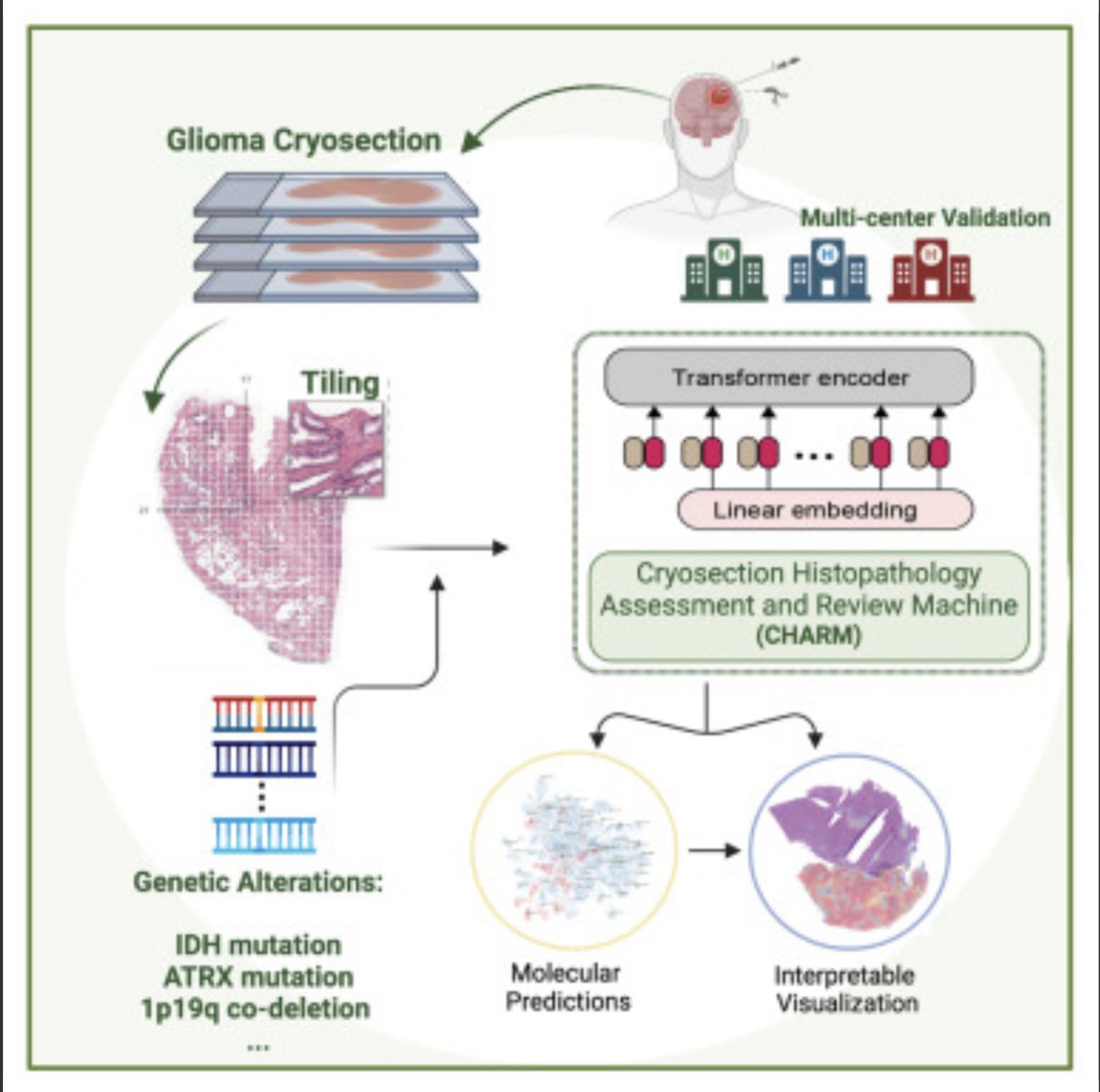
AI decodes brain tumor DNA during surgery
Kun-Hsing Yu and HMS colleagues used AI to rapidly determine a brain tumor’s molecular identity during surgery, propeling the development of precision oncology. The tool is CHARM (Cryosection Histopathology Assessment and Review Machine.) Currently, genetic sequencing takes days to weeks. Accurate molecular diagnosis during surgery can help a neurosurgeon decide how much brain tissue…
-

Wearable ultrasound to detect early breast cancer
MIT’s Canan Dagdeviren has developed a flexible ultrasound patch that can be attached to a bra, obtaining ultrasound images with resolution comparable to medical imaging centers, and used repeatedly. Interval cancers, which develop between regularly scheduled mammograms, account for 20 – 30 percent of all breast cancers, and tend to be more aggressive. The goal…
-

AI-based device increases ademona detection during colonoscopy
MAGENTIQ-COLO is an AI based FDA cleared colonoscopy device which offers a significant increase in Adenoma Detection Rate. Current high rates of missed and undetected adenomas during colonoscopy means that even regularly screened patients are still at risk of developing colon cancer. A missed polyp can lead to interval cancer, which accounts for approximately 8%…
-
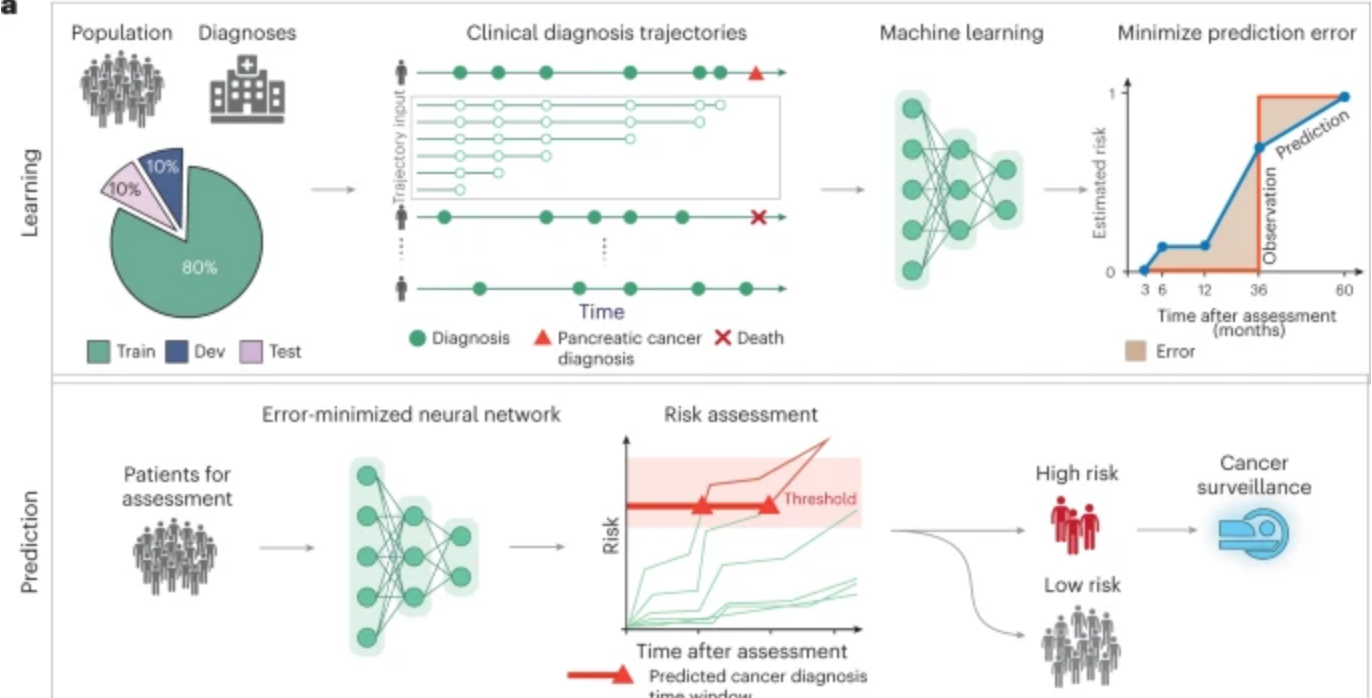
AI predicts pancreatic cancer
Harvard professor Chris Sander used clinical data from 6 million patients in Denmark’s national health system and 3 million in the U.S. VA system to train an AI model to predict the occurrence of pancreatic cancer within 3, 6, 12, and 36 months. This could allow wider screening for the aggressive disease, which is often…
-
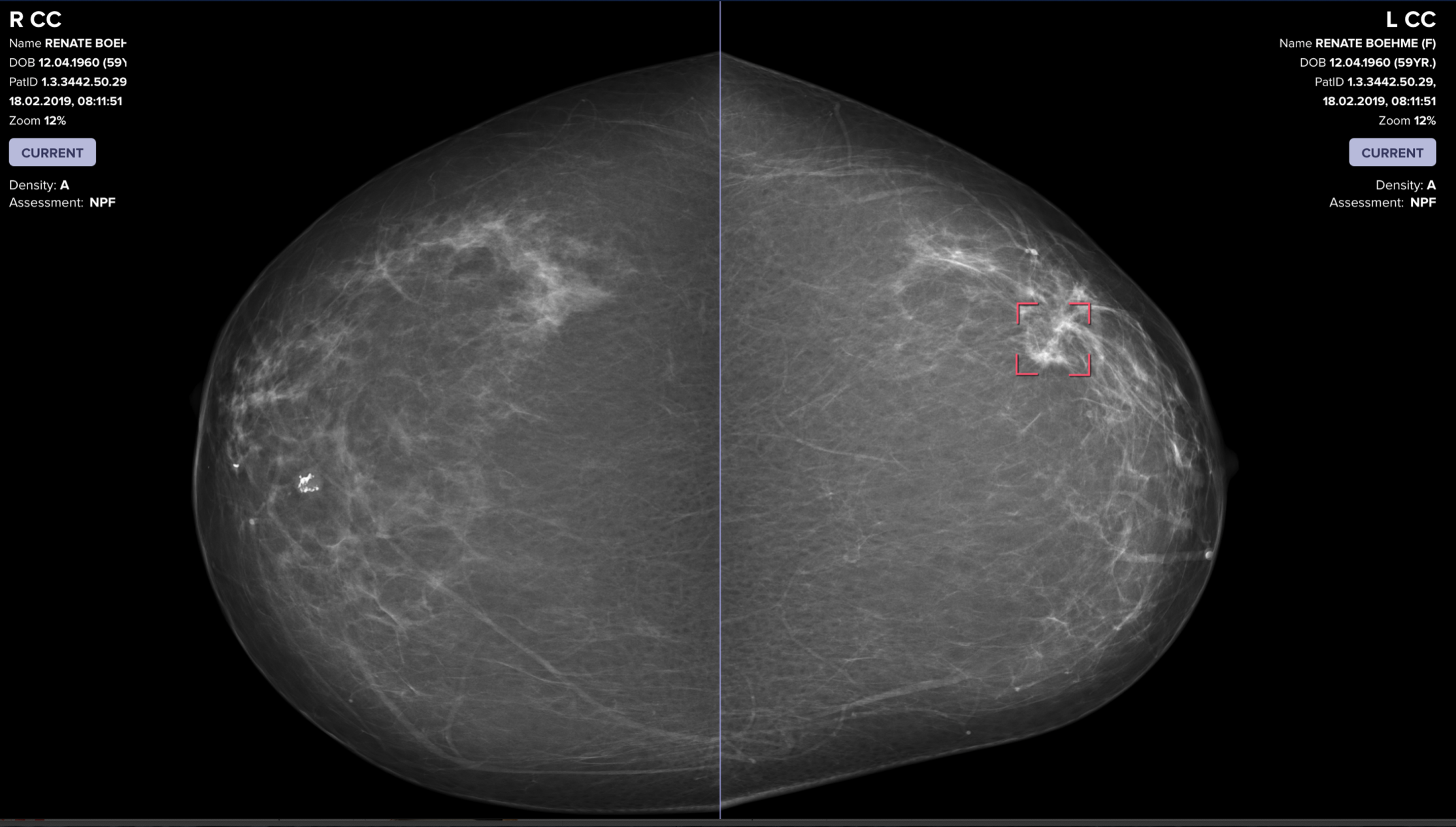
AI catches breast cancer earlier, more often than traditional screening alone
The mammography screening paradigm has not changed since the 1960s. Breast screening AI company Vara, with Essen University and Memorial Sloan Kettering hospitals, published a study showing that radiologists assisted by AI are better able to screen for breast cancer. The hope is that AI systems could detect cancers that doctors miss, provide better care…
-
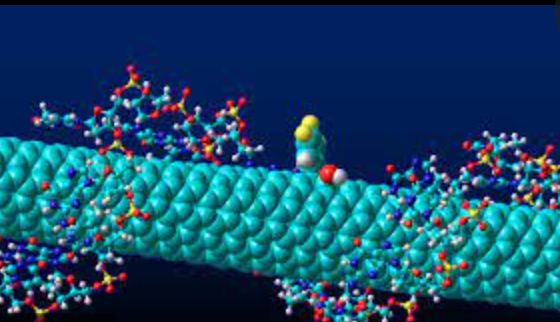
MSK developed sensor detects molecular signature of cancer; compared to human scent
Mijin Kim and Daniel Heller of the Nanomedicine Lab at Memorial Sloan Kettering Cancer Center have developed an array of carbon nanotube sensors that can “sniff” cancer using AI. The human nose can detect a trillion different scents, through hundreds of olfactory receptors. The pattern which odor molecules bind to which receptors creates a kind…
-
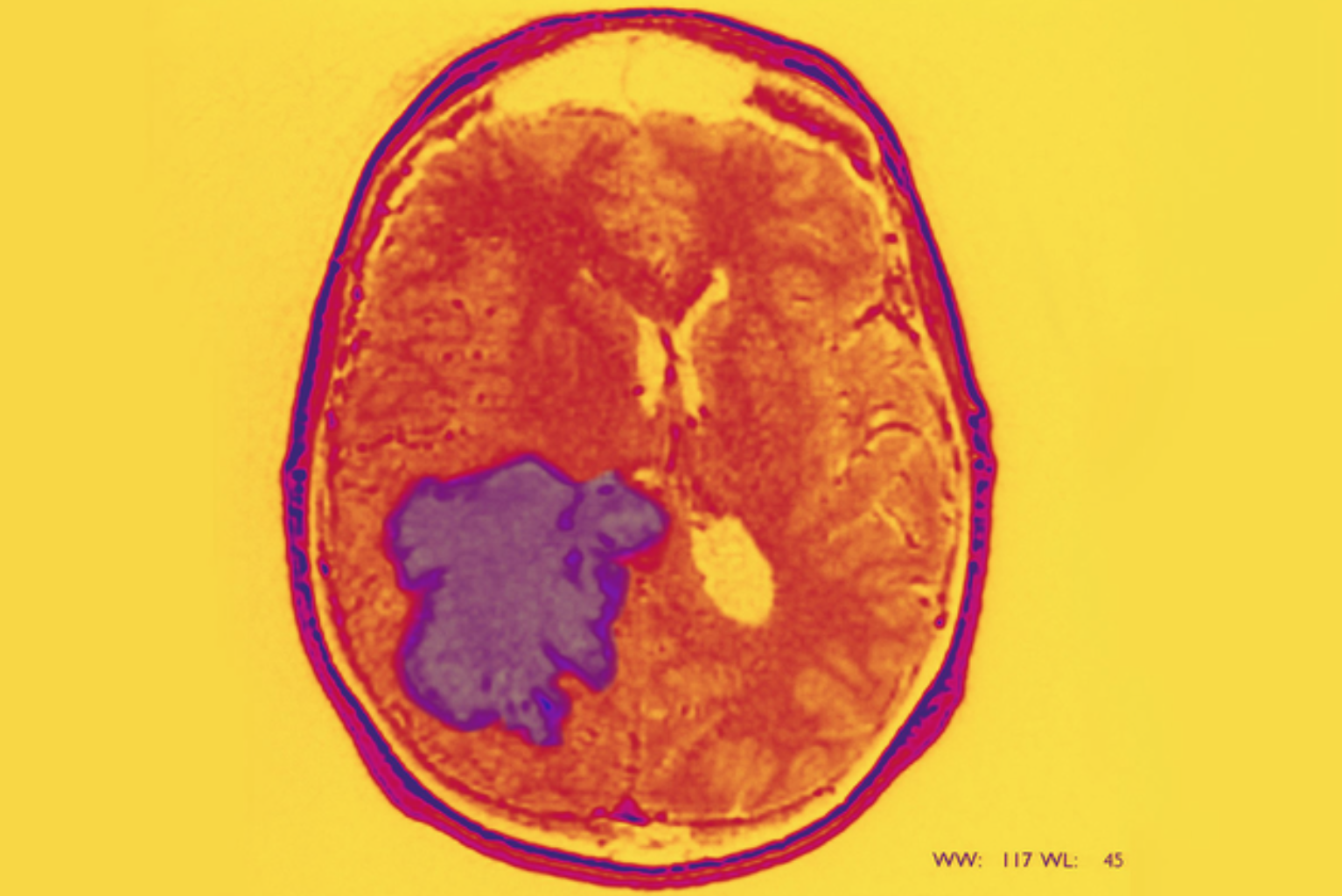
Starving cancer stem cells as a new approach to glioblastoma
Luis Parada and Sloan Kettering colleagues are focusing on cancer stem cells as a new approach to glioblastoma. Like normal stem cells, cancer stem cells have the ability to rebuild a tumor, even after most of it has been removed, leading to cancer relapse and metastasis. According to Parada: “The pharmaceutical industry has traditionally used…
-
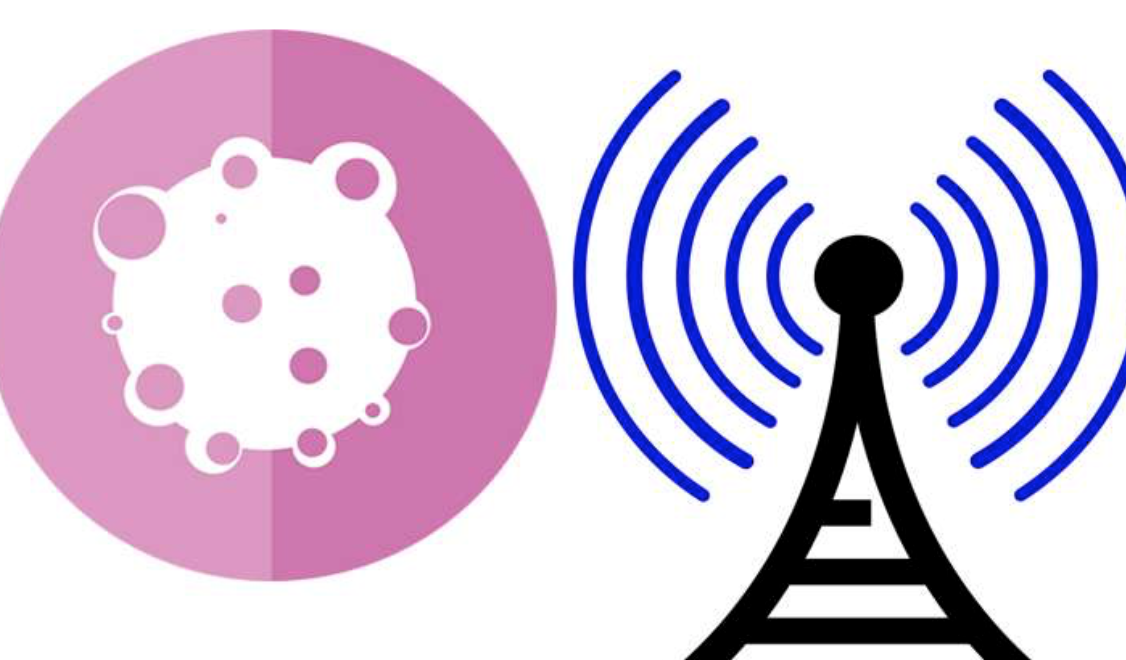
Wireless system could track tumors, dispense medicine
Dina Katabi and MIT CSAIL colleagues have developed ReMix, which uses lo power wireless signals to pinponit the location of implants in the body. The tiny implants could be used as tracking devices on shifting tumors to monitor movements, and in the future to deliver drugs to specific regions. The technology showed centimeter-level accuracy in animal…
-
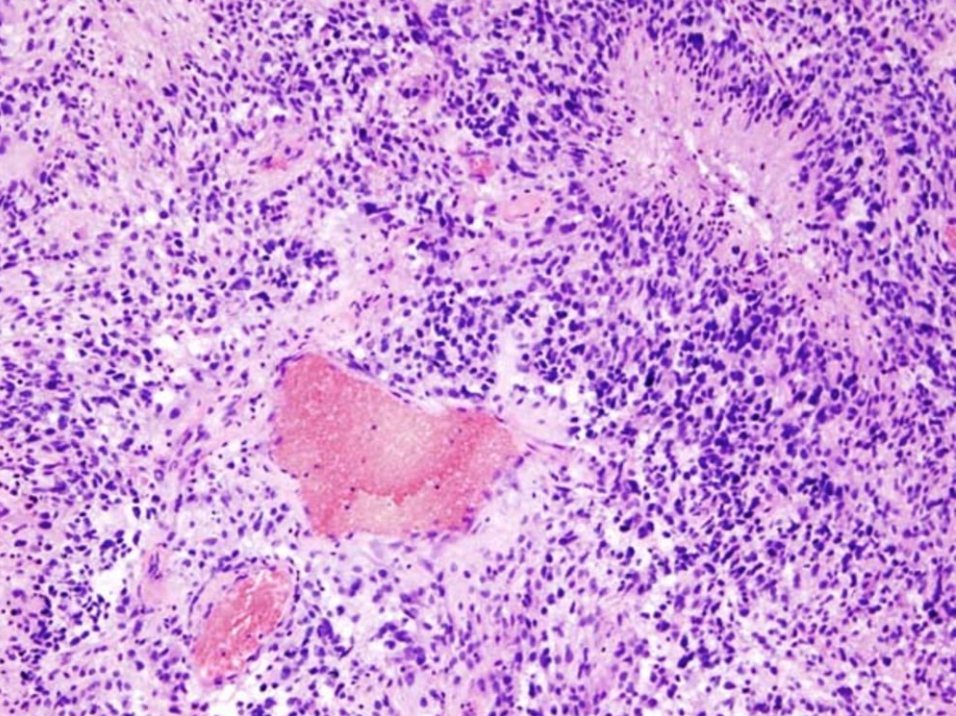
AI – optimized glioblastoma chemotherapy
Pratik Shah, Gregory Yauney, and MIT Media Lab researchers have developed an AI model that could make glioblastoma chemotherapy regimens less toxic but still effective. It analyzes current regimens and iteratively adjusts doses to optimize treatment with the lowest possible potency and frequency toreduce tumor sizes. In simulated trials of 50 patients, the machine-learning model…
-
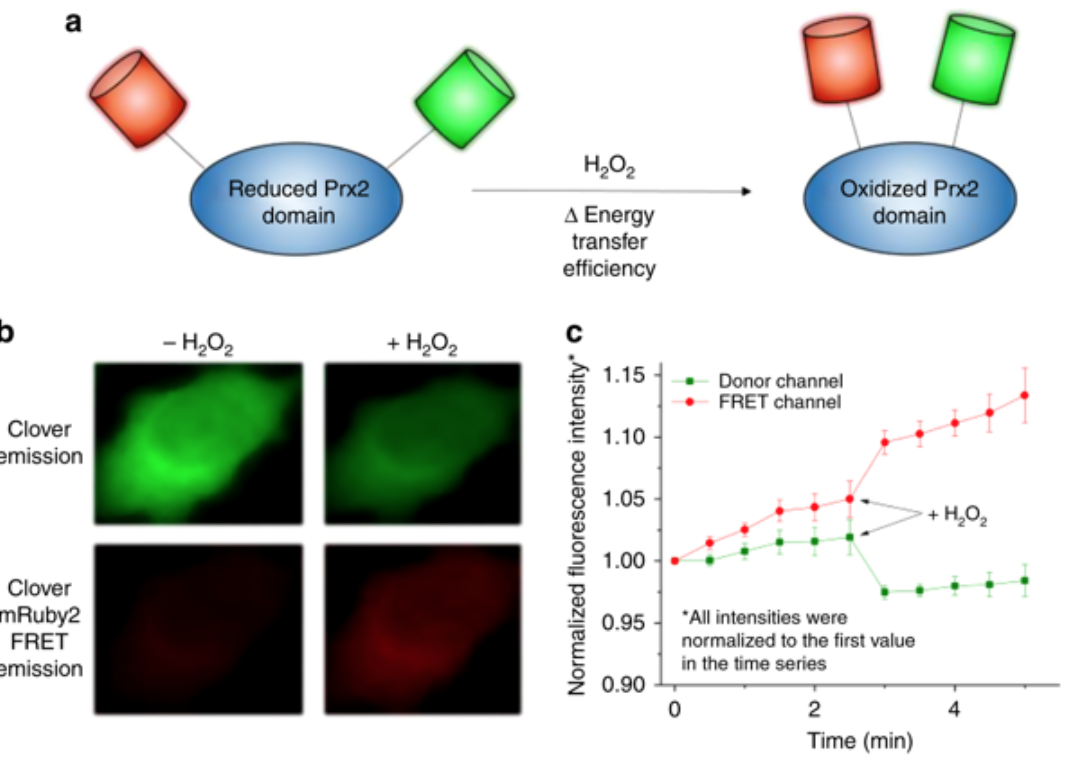
Hydrogen peroxide sensor to determine effective chemotherapy
MIT’s Hadley Sikes has developed a sensor that determines whether cancer cells respond to a particular type of chemotherapy by detecting hydrogen peroxide inside human cells. The technology could help identify new cancer drugs that boost levels of hydrogen peroxide, which induces programmed cell death. The sensors could also be adapted to screen individual patients’…